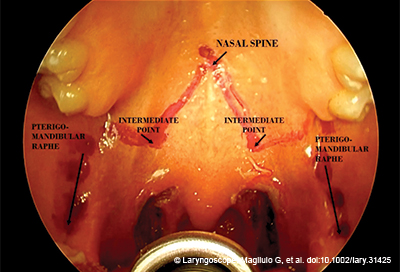Velopharyngeal surgery is a validated treatment option for OSA patients diagnosed with retro-velar and oropharyngeal collapse.


Velopharyngeal surgery is a validated treatment option for OSA patients diagnosed with retro-velar and oropharyngeal collapse.

Daytime somnolence and sleep apnea are associated with dizziness in the elderly. New study shows that these conditions have an independent link to dizziness apart from the many overlapping comorbidities that are often seen in an older population
In the absence of infection, lead wire exposure from hypoglossal nerve stimulation implantation can be treated with urgent surgery to reimplant the lead and salvage the device.

In April 2023, we listed a variety of topics at the 2023 Combined Otolaryngology Spring Meetings (COSM) in Boston that had piqued the interest of ENTtoday’s physician editor Robin W. Lindsay, MD. This time, we’ve taken a closer look and highlighted some of the topics chosen.
Philips Respironics has recalled a second set of CPAP/BiPAP machines, identified as a Class I recall by the U.S. Food and Drug Administration. The 1,088 recalled DreamStation1 units, distributed between […]

Recent research shows that a person’s chronotype can influence a patient’s reaction to and use of continuous positive airway pressure (CPAP) therapy.
Central sleep apnea can be easily mistaken for obstructive sleep apnea; enhancing during drug-induced sleep endoscopy with additional measurements enables sleep surgeons to correlate physiologic and anatomic assessment to distinguish between the two apneas.
Ansa Cervicalis Stimulation could become a viable ancillary respiratory neurostimulation (RNS) strategy for patients with insufficient responses to hypoglossal nerve stimulation (HNS).

At least two new hypoglossal nerve stimulation (HNS) devices are being evaluated in clinical trials, and more are in development.
Pharyngeal upper airway surgery in patients with obstructive sleep apnea (OSA) resulted in no significant, persistent adverse change in swallowing function.